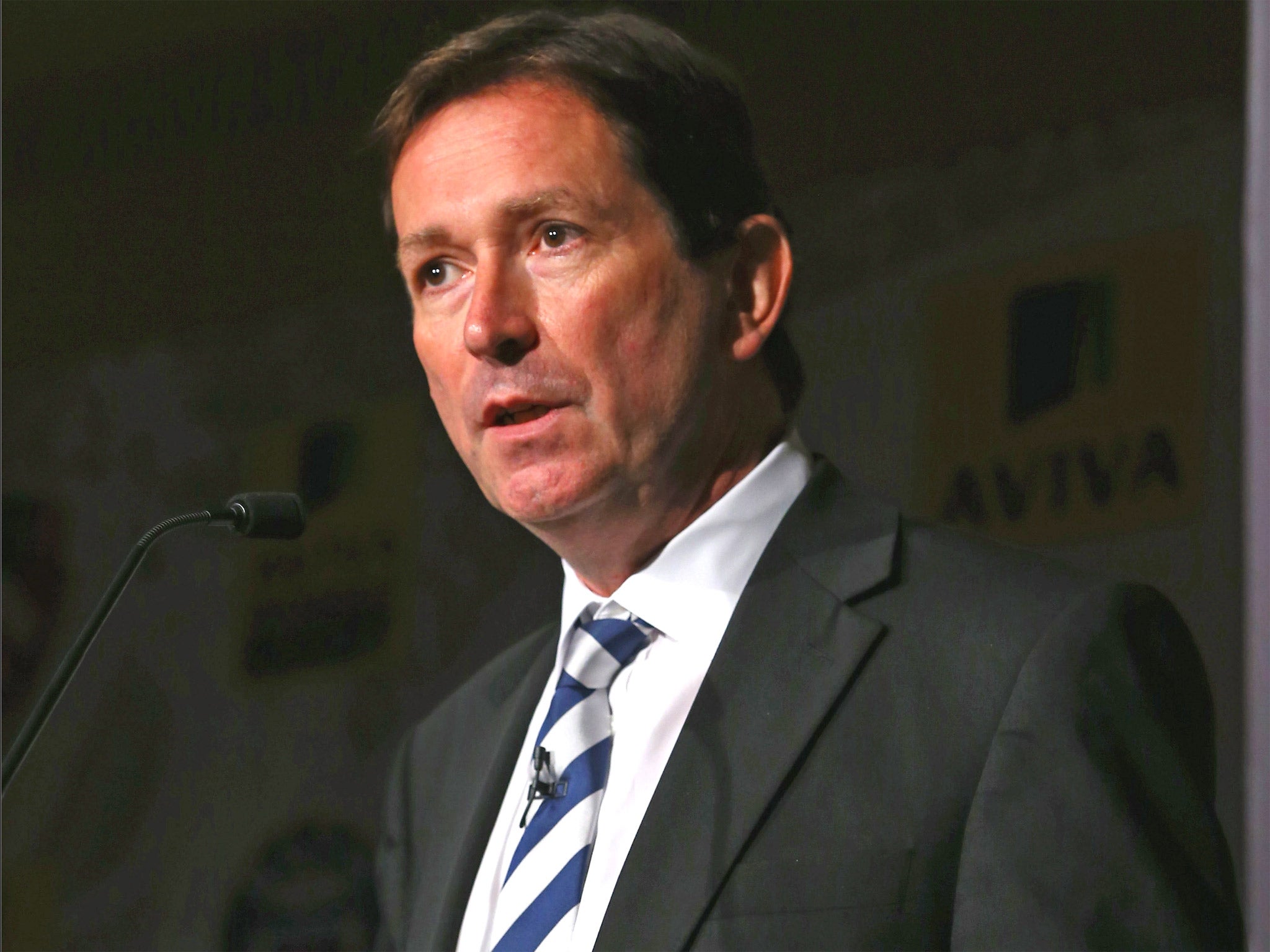European Champions Cup worth the wait, Mark McCafferty tells critics
The chief executive of Premier Rugby has played a difficult hand with considerable expertise

Your support helps us to tell the story
From reproductive rights to climate change to Big Tech, The Independent is on the ground when the story is developing. Whether it's investigating the financials of Elon Musk's pro-Trump PAC or producing our latest documentary, 'The A Word', which shines a light on the American women fighting for reproductive rights, we know how important it is to parse out the facts from the messaging.
At such a critical moment in US history, we need reporters on the ground. Your donation allows us to keep sending journalists to speak to both sides of the story.
The Independent is trusted by Americans across the entire political spectrum. And unlike many other quality news outlets, we choose not to lock Americans out of our reporting and analysis with paywalls. We believe quality journalism should be available to everyone, paid for by those who can afford it.
Your support makes all the difference.The architects of the new European Champions Cup, a tournament forged in the fires of a boardroom conflict that could easily have sent the northern hemisphere club game into meltdown, expect to have all commercial and broadcasting deals nailed down by September at the latest.
Only then, according to one of the major players in a saga that ended last week after two years of turmoil, will those mourning the passing of the Heineken Cup understand why the upheaval had to happen.
"Of course we are aware that lots of people don't agree with what we did and the way we did it," said Mark McCafferty, the chief executive of Premier Rugby, the organisation representing the interests of the top-flight English clubs and the man who negotiated the £152m television deal with BT Sport that allowed him and his colleagues to play hardball in the Euro debate.
"The only thing I can say is: let's wait until next season; let's see what it looks like and make a judgement then. To get progress and change in the game... it seems quite often that it can only happen if there is a crisis. That's unfortunate and regrettable. At least we have a deal that covers an eight-year period. The game will continue to change but, hopefully, we can now evolve without the need for a crisis."
Along with Ian Ritchie, the Rugby Football Union CEO who performed the role of honest broker and has been widely acclaimed for his success in persuading rival broadcasters to share rights to the new competition, McCafferty played a difficult hand with considerable expertise and has emerged with reputation enhanced.
For his part, he credited the brave stand of the four Welsh regional teams, who stood against their own governing body when the argument was at its hottest, as being central to the outcome.
"Without their backing, we would be in a different place," he said. "I sense there is some confidence in the Welsh regions now. I am sure the European deal will lead to more money in their pockets, and that's great, because we need them back challenging for quarter-final places. In recent years, it's tended to be the Irish, the English and the French in the last eight."
Saracens, the last Premiership team in this season's Heineken Cup, expect to see their England outside-half Owen Farrell back on the training field by the end of the week. He suffered a foot injury during the league victory over Northampton three days ago and ended up on crutches, but the results of a scan were reassuring. At this stage, he is expected to be fit for the big European semi-final with Clermont Auvergne at Twickenham on 26 April.
Worcester, meanwhile, have signed the 22-year-old South African prop Nick Schonert.
Join our commenting forum
Join thought-provoking conversations, follow other Independent readers and see their replies
Comments